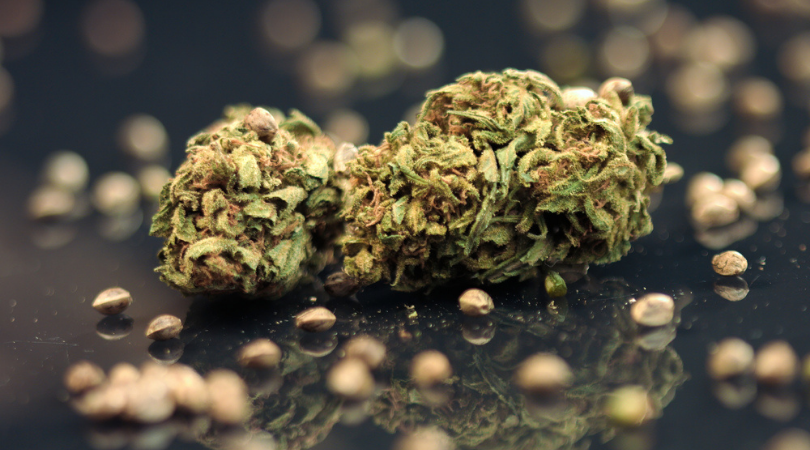Exploring the Overlapping Recreational Uses of Delta 8 and Delta 9 THC
Delta 8 and Delta 9 THC are cannabinoids found in cannabis plants that have garnered significant attention for their recreational uses, with each offering distinct effects and experiences. Both compounds interact with the endocannabinoid system but differ in their chemical structure, potency, and the nature of their psychoactive effects. Delta 9 THC, the most well-known and prevalent form of THC, is renowned for its potent psychoactive effects. It binds strongly with CB1 receptors in the brain, leading to significant alterations in mood, perception, and cognitive function. This interaction often results in an intense euphoric experience, along with potential side effects such as paranoia, anxiety, and impaired motor coordination. Delta 9 THC’s impact is typically more pronounced, making it popular among users seeking a more intense high. In contrast, Delta 8 THC, a less abundant cannabinoid, is chemically similar to Delta 9 but differs slightly in its molecular structure. This subtle variation results in a less potent psychoactive effect. Delta 8 binds to CB1 receptors with less intensity, leading to a milder and more manageable experience.

Users often describe Delta 8 as providing a more clear-headed high, with reduced anxiety and paranoia compared to Delta 9. This makes Delta 8 appealing to those who seek the benefits of THC without the more intense side effects. Recreational users of Delta 8 and Delta 9 THC often explore their effects in various settings. Delta 9 THC’s potent effects make it a popular choice for social gatherings, creative pursuits, and activities that benefit from heightened sensory experiences. Its strong psychoactive properties can enhance music, art, and social interactions, making it a preferred option for users seeking an immersive and euphoric experience. On the other hand, Delta 8 THC’s milder effects make it suitable for users who want to enjoy the benefits of THC without the overwhelming intensity. It is often chosen for activities that require focus and relaxation, such as reading, watching movies, or engaging in low-key social interactions.
Its ability to provide a balanced, clear-headed high makes it a versatile option for users looking to enhance their recreational activities without the potential discomfort associated with stronger cannabinoids. The overlap in recreational uses of Delta 8 and Delta 9 THC demonstrates their complementary nature. While Delta 9 THC offers a more intense and euphoric experience, Delta 8 provides a gentler alternative that can appeal to users seeking a more moderated high. Both cannabinoids can enhance recreational activities, delta 9 or delta 8 but the choice between them depends largely on the desired intensity of the experience and individual tolerance levels. Delta 8 and Delta 9 THC each contribute uniquely to the recreational cannabis landscape. Delta 9’s potent effects cater to those seeking a profound psychoactive experience, while Delta 8 offers a milder, more manageable high. Understanding these distinctions allows users to tailor their experiences to their preferences, ultimately enriching their recreational pursuits with a variety of cannabis-derived effects.